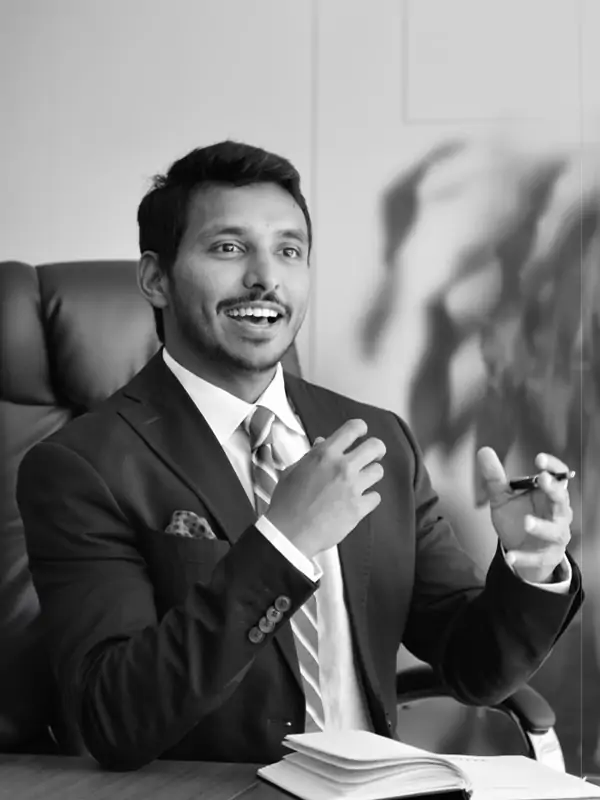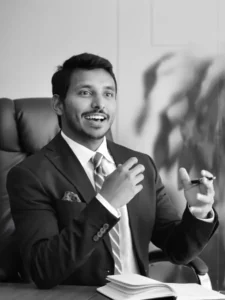Rising food prices, conflict as well as climate change are forcing countries to consider food security and how they can meet their population’s needs sustainably. This is especially true in countries that do not have the climate for conventional agricultural production. One such Gulf Cooperation Council (GCC) nation, the UAE (United Arab Emirates) imports 90% of all its food, while at the same time food makes up 55% of all its produced waste which is already at unsustainable levels.
Challenges to food supply in UAE
The UAE is especially vulnerable to climate change and increased water scarcity. The country has a scarcity of freshwater resources and non-renewable groundwater contributes 70% of the total water resources in the country. Immigration and a growing economy are also increasing the demand for food and other scarce resources.
Commitments to sustainable food development
Given the vulnerabilities to the food supply, it is no surprise that the government is looking to enhance sustainability. In 2017, the UAE government announced a 50-year strategy for sustainable development. The plan is a clear commitment that by the country’s 100th anniversary in 2071, its citizens will live in a model nation for sustainable development.
Other countries in the region have focused on creating new cities and communities based on sustainability principles for example NEOM in Saudi Arabia is a city that is built on sustainability principles. However, the UAE wants to take sustainability to a higher level and create a country run on sustainability principles.
Sustainability is being promoted across the board by a range of federal and government agencies, and as such Sustainable Development Goals (SDGs) are central to government policies at all levels. This means a commitment to support environmentally friendly policies including carbon credit/trading, promoting technology to optimize natural resources and renewable energy.
Towards a green economy
The UAE is looking to technology as a key driver to produce food sustainably and meet its environmental challenges. Dwindling groundwater reserves, extremely arid conditions and traditionally low levels of water recycling are all factors driving the need to develop sustainable farming systems. This is leading to the rapid growth of innovative sustainable agricultural methods and technologies or ‘AgTech’ in the UAE and the wider GCC.
As part of its drive to diversify its economy from oil, the UAE aims to become one of the world leaders in the green economy as well as a centre for the export and re-export of green products and technologies and to maintain a sustainable environment to support long-term economic growth while protecting the environment.
The initiative includes policies in energy, agriculture, investment, and sustainable transport in addition to new environmental and construction policies.
Promoting sustainable technology
The Food Tech Valley launched in 2021, by Sheikh Mohammed bin Rashid Al Maktoum, Vice President and Prime Minister of UAE and Ruler of Dubai is a partnership between the Ministry of Food and Water Security and Wasl Properties. The project aims to triple the UAE’s food production and will focus on strategic projects to achieve a sustainable model of food self-sufficiency.
Projects are based around four clusters: agricultural technology and engineering, a food innovation centre, R&D facilities, and a smart food logistics hub. Mariam Almheiri, the Minister of State for Food and Water Security has stated:
“The project is part of our efforts to achieve our strategic national goals with respect to food security, as it constitutes an incubator for advanced farms – including indoor and vertical farms – with more than 60 per cent of the project’s space allocated to these activities.”
According to the Ministry of Climate Change and Environment’s 2019 figures, the UAE has more than 177 advanced farms that use modern agricultural technologies and hydroponics, and over 100 entities that implement organic farming across the UAE. These produce locally sourced produce all year-round and reduce reliance on seasonal farming and imports.
The UAE is home to over 500 specialised food processing companies that supply to local markets and export globally[1]. With food and beverage investments in the UAE totalling Dhs62 billion per year, the initiative is expected to contribute to attracting more local and foreign direct investments in food.
In 2021 ADQ, one of the region’s largest holding companies launched the UAE’s first fresh produce AgTech Park to accelerate sustainable innovation-centric food production and distribution. The project in Al Ain Industrial City (AAIC) will help the UAE become the region’s leading fresh produce hub. This will reduce the nation’s reliance on imports and increase the efficiency in the processing, storage, and distribution of food supplies for the region. ADQ expects the 200-hectare AgTech Park to eventually produce 39 kilotons of fresh fruits and vegetables per year.
Crucial decisions for UAE’s future food supply
Without technological changes and innovation, the full implementation of the green economy is not possible[1]. The UAE is looking to move away from its historic dependence on fossil fuels to develop a more sustainable future. This would not only allow the UAE to overcome its historic disadvantages in food production and move to a more food secure future but could also be applied to many other arid countries in the Middle East and elsewhere. The cumulative impact of these initiatives is to position UAE as a world leader in developing a sustainable society.
Plan ahead with Farrelly Mitchell
A perfect storm of rising food prices, growing populations, and the impacts of climate change has put GCC food security under threat. Nations are becoming increasingly reliant on food imports to satisfy food demand, leaving them vulnerable to disruptions and price fluctuations.
At Farrelly Mitchell, our expert agribusiness consultants work across global food systems, supporting investors, policymakers, and businesses in futureproofing their projects and assets and ensuring resilient, reliable, and sustainable food systems. We provide a range of commercial services, including due diligence, feasibility modelling, risk analysis, M&A support, and much more, all in support of agricultural development in the Middle East.
If you would like help uncovering the key information and opportunities around your agribusiness investments and projects, talk to our team today.











